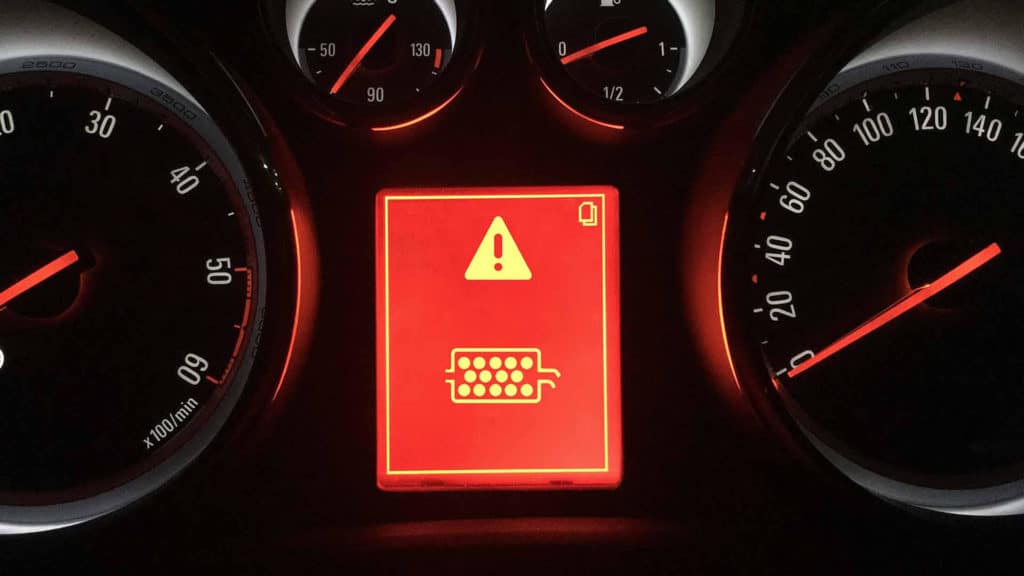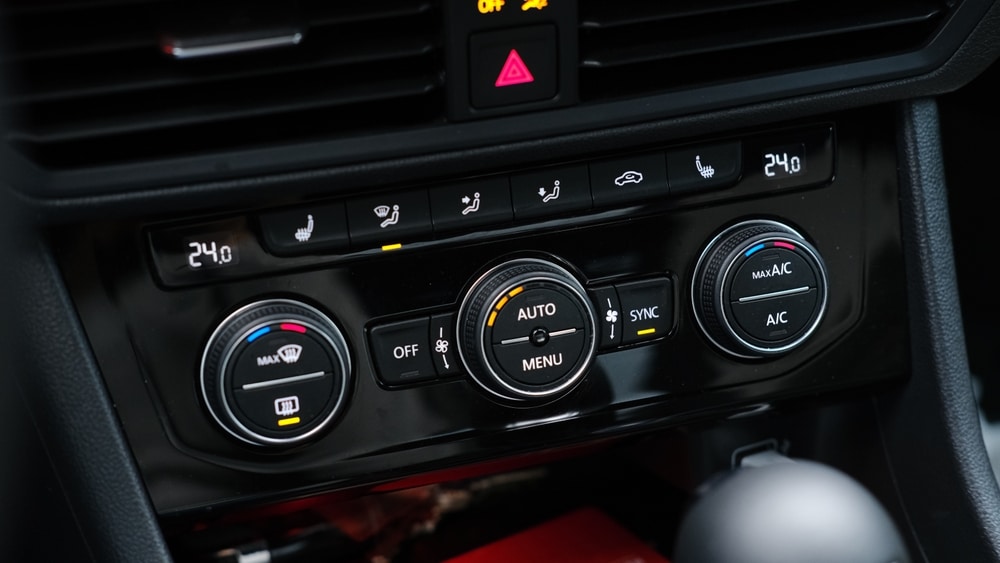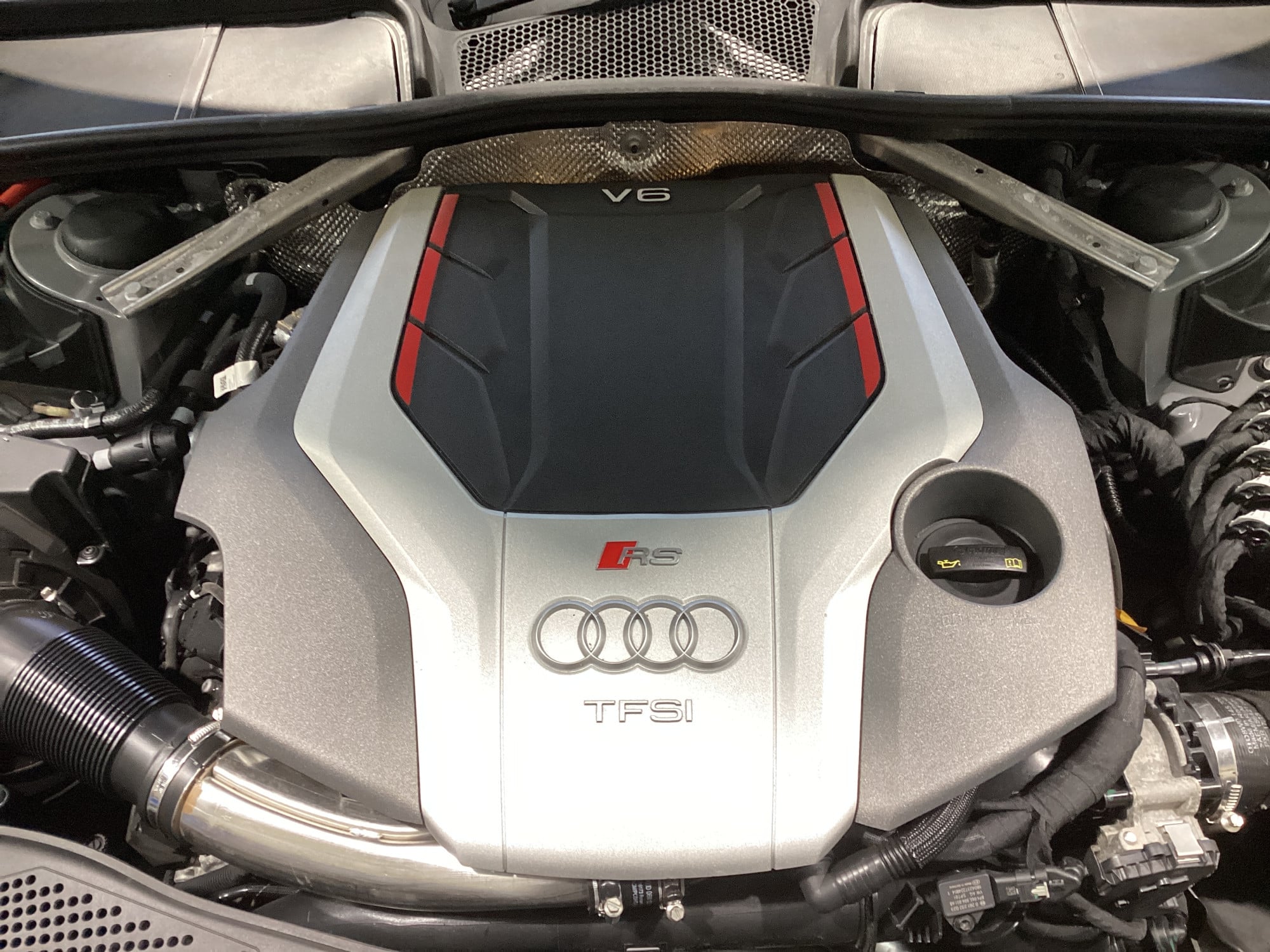Audi DPF
Since 2009, all diesel engines, including those in Audis, must be equipped with a diesel particulate filter, also known as a DPF. This essential component helps to capture harmful emissions, significantly reducing pollution levels.
If your Audi’s DPF isn’t working as it should, it’s illegal and can also result in a failed MOT, which no Audi owner wants.
To ensure your vehicle’s DPF remains in optimal condition, regular maintenance is vital. Without regular maintenance, you could end up with a DPF blockage, which harms the environment and makes your vehicle unsafe for road use.
Throughout this guide, you’ll discover:
- The functionality of your DPF
- Tips for preventing common DPF issues
- The main causes of DPF failures
- The significance of routine DPF maintenance
Looking for specialist Audi DPF help? Get in touch with JDK Automotive today.

How Do Diesel Particulate Filters Work?
Diesel Particulate Filters (DPFs) are crucial for reducing pollution by capturing soot and carbon emissions from your Audi’s engine. They’re traditionally constructed from ceramic materials and have intricate channels designed to trap these particles effectively.
However, over time, soot can accumulate, leading to reduced engine performance and poorer fuel economy, which are things you want to avoid.
To counter this, your Audi’s DPF needs regular cleaning through “regeneration,” which burns off the collected soot and carbon, restoring the filter’s efficiency.
Audi DPFs can regenerate in two main ways:
- Passive Regeneration: This occurs naturally during extended high-speed driving, such as on motorways. Your engine’s load increases exhaust gas temperatures during these conditions, incinerating the soot without additional intervention.
- Active Regeneration: When regular driving isn’t enough for passive regeneration, the engine control unit (ECU) initiates active regeneration. This involves injecting extra fuel into the engine to raise exhaust temperatures and burn off the excess soot. This process can take around 30 minutes and is typically indicated by a warning light on your dashboard.
Regular regeneration is essential to maintain your DPF’s functionality and prevent harmful emissions from entering the atmosphere.
Why Are Diesel Particulate Filters Necessary?
After the introduction of standards such as Euro 5, Diesel Particulate Filters (DPFs) have become essential in diesel engines to help reduce harmful emissions. These strict environmental regulations make it illegal to operate a diesel vehicle, such as your Audi, without a fully functional DPF.
Failing to meet these strict environmental standards will result in your vehicle being unfit for driving.
Since early 2014, MOT tests have been updated to include a thorough inspection of your vehicle’s DPF, ensuring it meets the latest emission criteria. Failing to meet these strict environmental standards can result in substantial fines, penalties, and a failed MOT.
Now, we don’t know about you, but they’re issues we all want to avoid, right?
If your Audi needs a DPF inspection, contact JDK Automotive for specialist care.
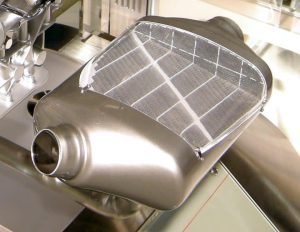
What Is the Cause of Diesel Particle Filter Failure?
Your Audi’s Diesel Particulate Filter (DPF) is crucial for maintaining smooth and efficient engine performance.
But, if it’s not maintained correctly, your Audi might suffer significant engine issues, including total failure.
Here’s a summary of common DPF problems:
- Overheating: Excessive temperatures can cause the DPF to melt or crack, severely reducing its efficiency or causing failure.
- Clogging: Incomplete soot combustion during regeneration can block the DPF, which drastically affects engine and exhaust system performance.
- Neglected Maintenance: Failing to regularly clean your Audi’s DPF can lead to severe blockages, greatly diminishing its effectiveness.
- Fuel Contamination: Contaminated fuel containing sulphur or water can damage the ceramic components inside your DPF, resulting in inefficiency or failure.
- Faulty Sensors: Malfunctioning sensors can cause your engine to run under suboptimal conditions, leading to blockages or potential damage to the DPF in your Audi.
Need help caring for your Audi DPF? Call JDK Automotive today for all your DPF maintenance needs.
What Are the Signs of a Faulty DPF?
If your Audi’s Diesel Particulate Filter (DPF) starts to malfunction, you might notice the following symptoms:
- Unusual Noises: A blocked DPF can increase exhaust pressure, resulting in strange sounds like rattling or banging.
- Decreased Performance: Issues with your Audi’s DPF can cause a significant drop in engine performance, evident through sluggish acceleration and reduced power.
- Strong Exhaust Odours: A malfunctioning DPF can lead to the build-up of soot and particulates, causing a stronger and more noticeable exhaust smell.
- Dashboard Warning Light: A dashboard warning light is often a clear indicator that your vehicle may have a DPF problem.
- Higher Fuel Consumption: When your Audi DPF isn’t functioning as it should, the engine may burn more fuel, decreasing fuel efficiency.
If you experience any of these problems with your Audi, don’t ignore them. Contact JDK Automotive for expert care.
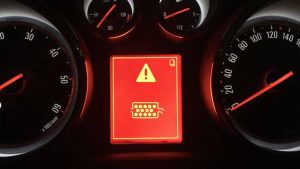
Tips for Preventing Diesel Particulate Filter (DPF) Issues
To prevent DPF issues, our Audi specialists at JDK Automotive suggest the following tips:
- Routine Maintenance: Stick to your Audi’s maintenance schedule, which includes timely oil changes and air filter replacements. This is essential to avoid unnecessary engine problems that can cause DPF issues.
- Limit Excessive Idling and Short Trips: Long periods of idling or frequent short journeys can block your DPF. Try to limit or combine shorter journeys.
- Use the Correct Oil: The type of oil used in your Audi plays a crucial role in the health of the DPF. Always select oils that are labelled low-ash or ashless to reduce soot accumulation in the DPF.
- Opt for High-Quality Fuel: The quality of fuel is important for the DPF’s functionality. Using high-grade, uncontaminated fuel can protect your Audi’s DPF and improve engine performance.
By following these guidelines, you can help extend the life of your DPF, ensuring your Audi runs smoothly and remains environmentally friendly.
Call our Audi specialists at JDK Automotive today for all your DPF maintenance needs.
In Summary
Modern diesel engines require a fully operational Diesel Particulate Filter (DPF) to comply with modern emission standards. If your DPF is faulty, it may cause you to fail your MOT. It could even lead to engine issues and reduced vehicle performance.
To avoid these DPF problems, follow these steps:
- Use high-quality fuel and oil to ensure your DPF operates efficiently
- Perform regular vehicle inspections and never miss scheduled services
- Minimise short trips as they can contribute to DPF blockages
- Avoid extended idling to prevent unnecessary strain on your vehicle’s DPF
- Monitor your Audi’s performance closely and address any issues promptly
Sticking to these practices will help maintain your DPF’s efficiency, reducing emissions and improving vehicle performance.
At JDK Automotive, we specialise in everything Audi. We can solve any DPF problem your vehicle may have for better than dealership value. You save time, money and stress with us.
Looking for expert Audi DPF care? Call JDK Automotive today for a reliable first-time fix.
